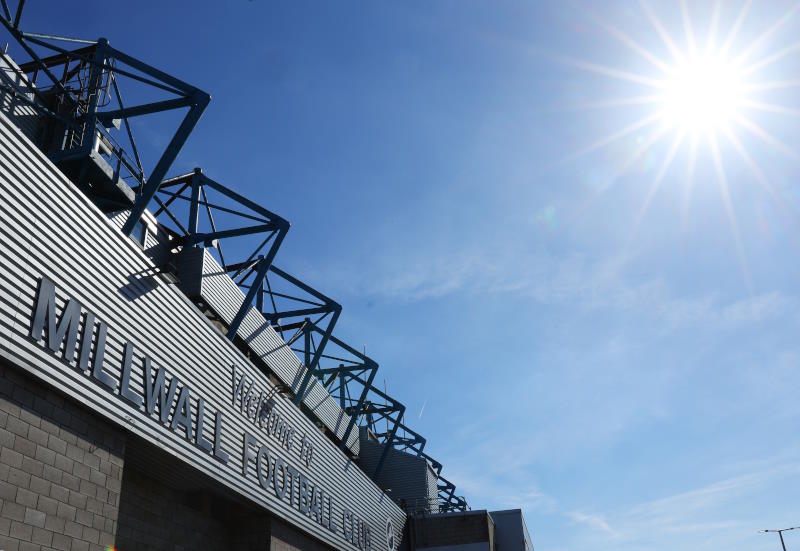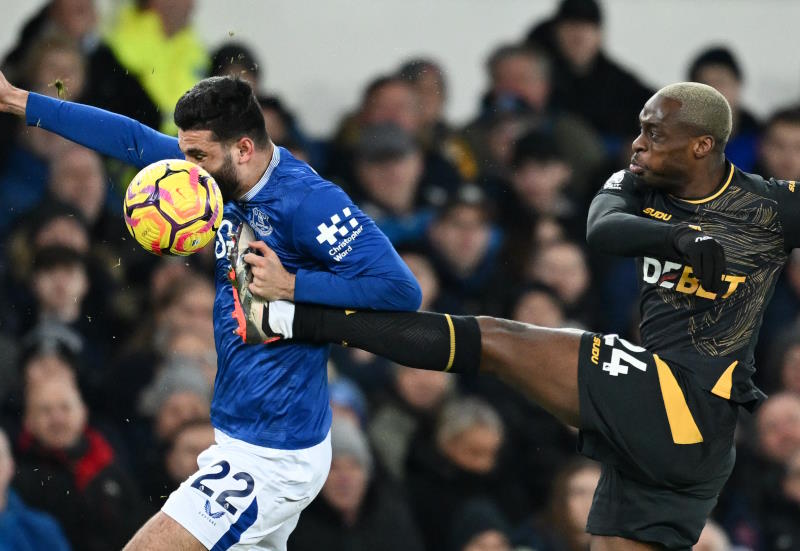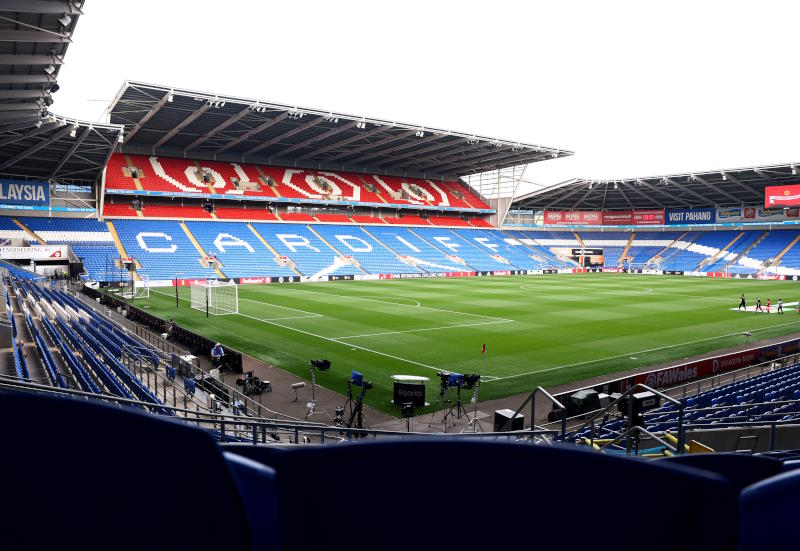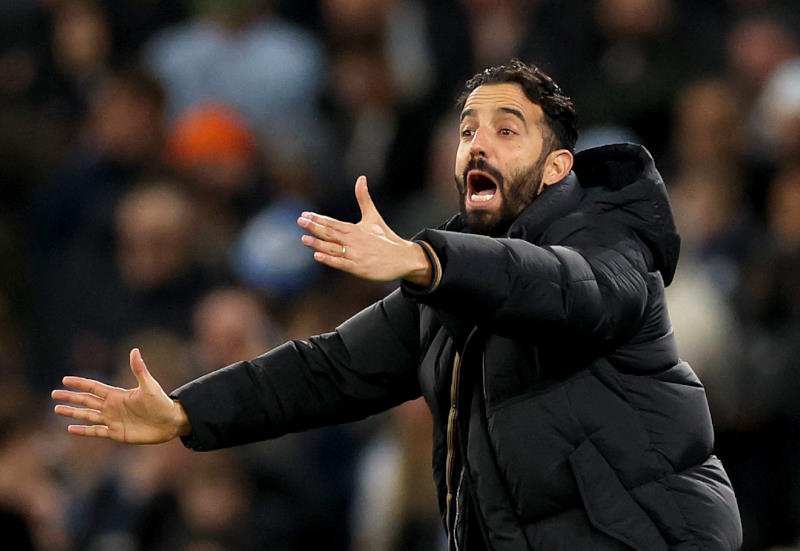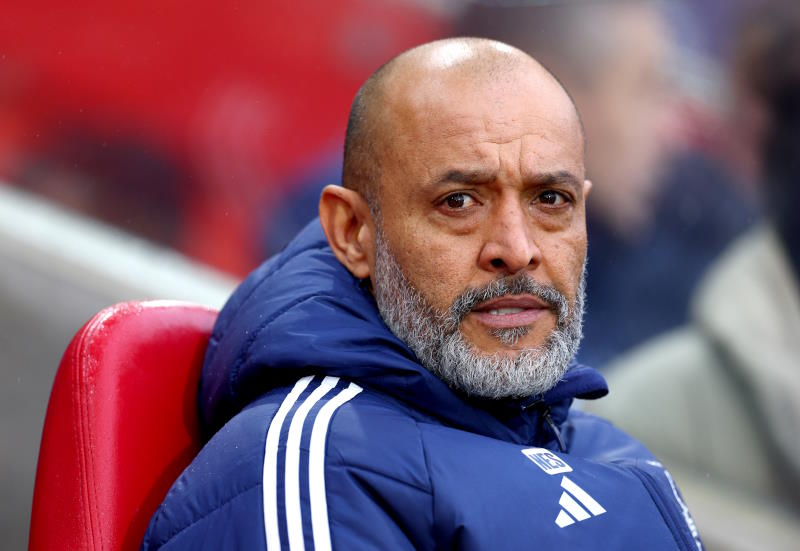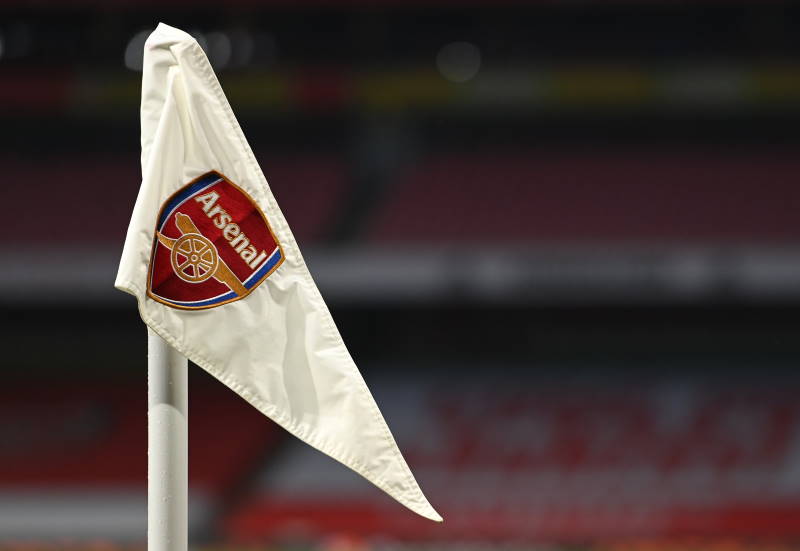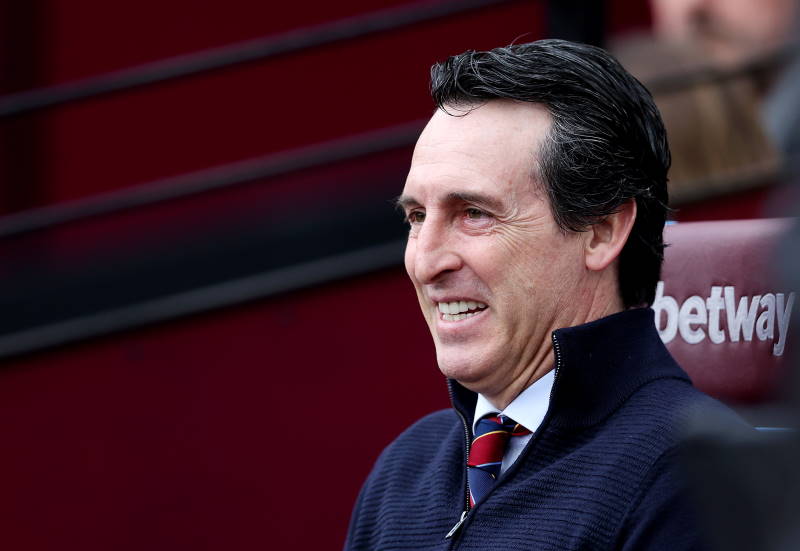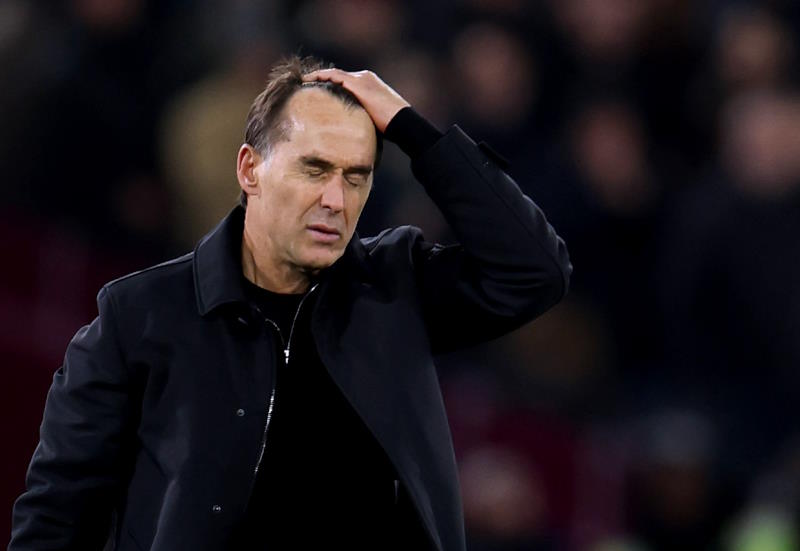
What: 2011 Asian Cup Final
Who: Australia vs Japan
When: Saturday 29th January, 2011, at 15:00 UK Time
Where: Khalifa International Stadium, Doha, Qatar
Lessons Learned
Since the ill-fated 2007 Asian Cup sojourn, which saw the country exit at the quarter-final stage, Australian football has had to do a lot of growing. The move into Asia was always going to be a difficult one, and now, with the added experience of going through two continental cup qualifications and a World Cup qualification, the Australians are looking a much stronger prospect.
The naivety that showed in 2007 has been completely erased as Australia have respected every opponent. Strangely enough, a lot of the players that were in the 2007 squad were the first ones putting their hand up to play in this year’s tournament with a view to setting things right and they, particularly Harry Kewell and Lucas Neill, have been leading the Socceroos forward with some starring performances. Kewell in particular has been especially bright throughout, showing career best form for his national side. A special mention too must be given to Brisbane Roar captain Matthew McKay, who has taken his chance in the Socceroos set-up with relish. After assisting the winner against Iraq, the diminutive midfielder then laid on three more goals in the 6-0 rout of Uzbekistan.
Coach Holger Osieck also deserves praise, as his ethos has obviously rubbed off onto his charges. Calmly handling expectations, the former Urawa Red Diamonds boss has kept his team focused on the prize and getting results. He worked his magic as a national manager with Canada in the 2000 CONCACAF Gold Cup, delivering a feat that has not been equalled by the team since. A great believer in form over star quality, the German’s selections have changed games, but he will have to be at his wily best to pull the wool over the eyes of the Japanese..
Back to the top
Japan have been a team in transition over the past few years, but the Japanese Football Association seem to have handled the process perfectly. Not only have they brought in new players, but they have also introduced an entirely different generation of Japanese footballers. With many once failing to leave their shores in search of glory, the daihyo now have probably their highest percentage of overseas based players ever and have been performing admirably. A second round appearance in last summer’s World Cup in South Africa, and now a final appearance in Doha, Japan may well be reapproaching their dangerous best.
This year’s tournament has been a story of match winners. Although Japan’s teamwork and willingness to pass the ball around has been amazing, it has been the individual contributions that Japan have lacked in the past that have been telling. Makoto Hasebe inspired his team to a 2-1 win over Jordan with his stoic performance whilst Shinji Okazaki and Shinji Kagawa had great influence over the wins against Saudi Arabia and Qatar respectively, but against South Korea it all seemed to click. Japan’s passing was a wonder to watch, crisp one touch play rewarded by inspiring dribbling. The Blue Samurai were perhaps unlucky not to win in normal time against the Taeguk Warriors, and that failure might well reflect badly on them in the final against a fresh Australia side.
The effect of Alberto Zaccheroni has thus far been relatively positive with his side playing, at times, some very exciting football. More willing to attack than his predecessor, Takeshi Okada, the former Juventus boss has set up his team with the aim of outscoring their opponents. The only problems the Italian tactician has had to worry about is fitness. He was denied the availability of his first choice defensive pairing before the Asian Cup even began, and now, on the brink of an international trophy in his first tournament, the Italian will be without Shinji Kagawa and Daisuke Matsui with the former breaking his foot in training. Maya Yoshida will be available again after his suspension, but there will be a gap on the left hand side of midfield he will have to muse over.
Recent form
Australia:
Australia 1–0 Bahrain
(19/01; Asian Cup Group C)
Australia 1–0 Iraq
(22/01; Asian Cup quarter-final)
Uzebekistan 0–6 Australia
(25/01; Asian Cup semi-final)
Japan:
Saudi Arabia 0–5 Japan
(17/01; Asian Cup Group B)
Japan 3–2 Qatar (21/01; Asian Cup quarter-final)
Japan 2–2 South Korea (25/01; Asian Cup semi-final)
Players to watch
Australia – Tim Cahill: If Australia want goals against Japan, they need look no further than the Everton midfielder. In the last four meetings between the two sides, Cahill has scored three goals, including a brace in the 2006 World Cup. Things may have changed since that fateful day in Kaiserslautern, but Cahill still maintains a reputation for scoring very important goals. A match winner, the Sydney native hasn’t looked his best in the Asian Cup, but the occasion of a final and the incentive of silverware should be more than enough encouragement for the former Millwall star to make those trademark late runs into the box. Having only ever scored one international goal in a losing fixture, in a pre-2010 World Cup friendly against the USA, if Cahill scores it will no doubt provide a great boost to his team more so than the average goal.
Japan – Keisuke Honda: Honda has burst onto the international scene in the last two years and has become more and more influential each time he plays for the Blue Samurai. Having only really come to the fore at the 2010 World Cup after some glittering performances for Dutch minnows VVV Venlo, which subsequently earned him a move to CSKA Moscow, Honda has established himself as the golden boy of Asian football. A sweet left foot and a great, developing football mind, the midfielder has all the making of a Japanese legend. Hidetoshi Nakata was the last of the true legends to grace the daihyo, but it looks as though Honda, with a surging new generation, is looking to create history. Games can be won and lost on a single piece of individual skill, and Honda has the ability to create the spectacular with fantastic passing and powerful striking abilities.
Match Prediction
A mouth watering Asian Cup final, and one which might have been predicted at the beginning of the tournament. The overall quality of the two teams has helped them get this far, and both have been hitting their straps at the right times in the tournament. Australia’s more experienced bunch will be looking forward to adding something to the trophy cabinet as it is exceedingly bare apart from two titles won in Oceania. Japan have a slightly different motivation. Zaccheroni was insistent that his team was in the rebuilding phase, and he was happy for the players to gain experience as a unit. However, the Japanese have exceeded their own coach’s expectations.
Much has been said about Australia’s defence in the Asian Cup with South Korea coach Cho Kwang-Rae making less than flattering comments about K-League based defender Sasa Ognenovski, but even with pace supposedly lacking, Australia have only conceded one goal, and that was against the Koreans. Since then they have looked all the stronger as Ognenovski and captain Lucas Neill have forged a solid partnership that few look likely to breach.
Japan’s attack will be worrying for the Australians, but with the loss of Kagawa and Matsui to injury, it is one less thing for the Socceroos to worry about, particularly Dynamo Moscow’s Luke Wilkshire who currently occupies the right-back spot.
With so many individual battles on the pitch to look forward to, who knows what the respective coaches are thinking.
Japan have had their defensive woes, particularly obvious during the second goal they conceded against South Korea, and that will give confidence to Australia.
With Australia fresh after winning at a canter against Uzbekistan and Japan running the full 120 minutes in arduous conditions, fitness would seem to favour the Socceroos and on paper. Australia look the stronger side too and they may well have that extra bit of motivation to help them lift the title. Japan won’t give it up easily, but they may not have a choice. Australia to win 2-1.

